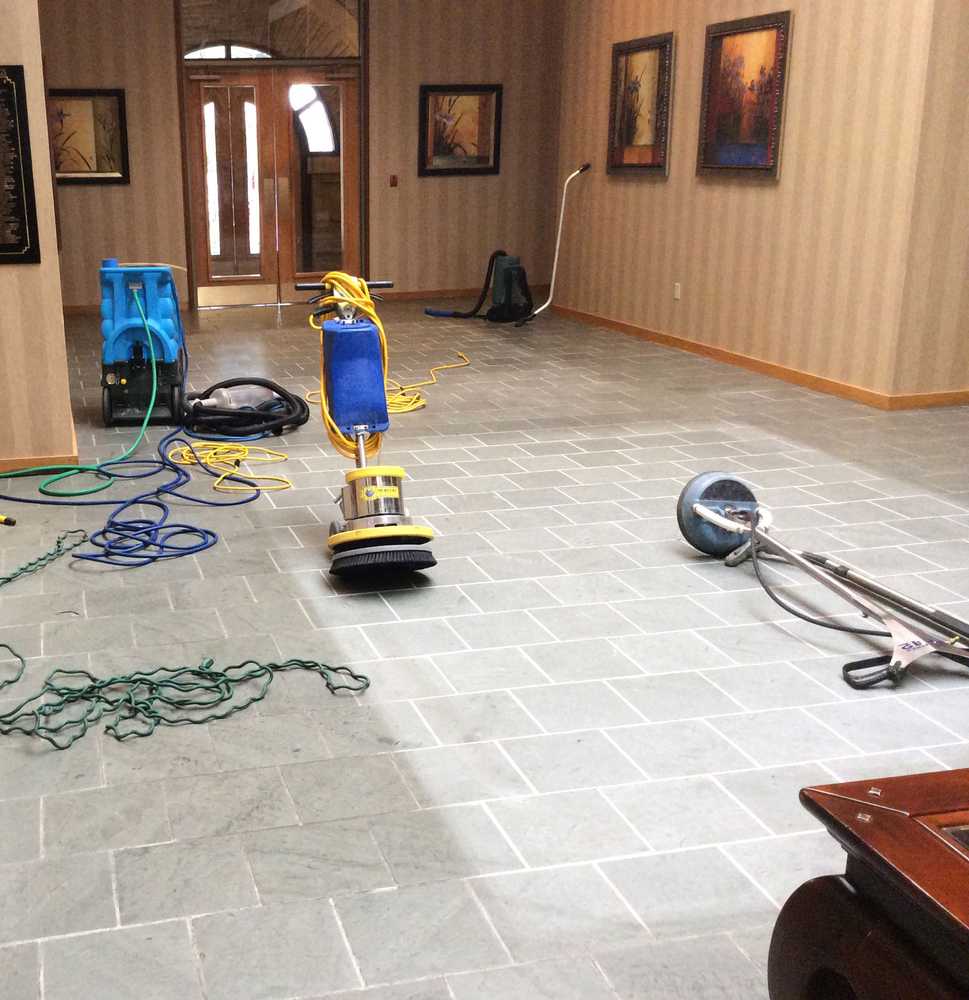



1. Stone tile resurfacing is the process of restoring worn, stained, or dull natural stone tiles to their original appearance. It involves cleaning, honing, polishing, and sealing the stone to bring back its natural beauty and shine. 2. What types of stone can be resurfaced? Most natural stone types can be resurfaced, including marble, travertine, limestone, slate, and granite. Some heavily damaged stones may require additional repair or replacement. 3. Why is stone tile resurfacing needed? Over time, natural stone can become scratched, stained, etched, or lose its polish due to foot traffic, spills, or environmental factors. Resurfacing restores the aesthetic appeal and extends the lifespan of the stone. 4. What is involved in the resurfacing process? The process typically includes: Deep cleaning to remove dirt, grease, and mould Honing to smooth out scratches and etches Polishing to restore shine and color Sealing to protect the stone against stains and moisture 5. How long does resurfacing take? The duration depends on the size of the area and the condition of the stone. Small areas may take a few hours, while larger areas can take a full day or more, including drying and curing time for sealers. 6. Will resurfacing remove all stains and scratches? Most surface-level scratches, etches, and stains can be significantly reduced or removed. Deep damage or structural cracks may require additional repair or replacement. 7. How do I maintain resurfaced stone tiles? Clean regularly with pH-neutral stone cleaners Avoid harsh chemicals or acidic cleaners Reapply sealer periodically as recommended to maintain protection Wipe up spills promptly to prevent staining 8. Is resurfacing the same as replacing tiles? No. Resurfacing restores the existing tiles, whereas replacing involves removing old tiles and installing new ones. Resurfacing is usually more cost-effective and less disruptive. 9. Can resurfaced stone be used in wet areas? Yes, but proper sealing is essential to prevent water penetration, staining, and mould growth, especially in showers, bathrooms, and kitchens. 10. Does resurfacing affect the stone’s structural integrity? No. Resurfacing focuses on the surface appearance and does not compromise the strength or stability of the stone tiles.